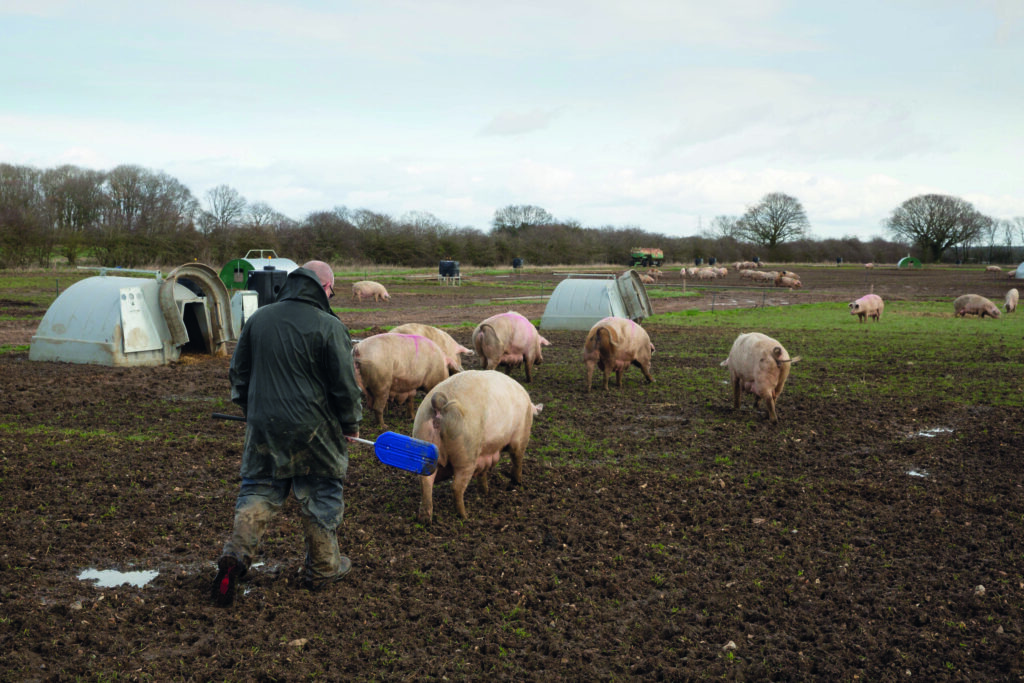The NPA is calling on members to help it build a case for government action on likely future labour shortages by completing a survey on farm labour and the Skilled Worker scheme.
From July 22, the threshold for Skilled Worker visas was raised from regulated qualifications framework (RQF) level 3 and above, approximately A-level skills, to occupations at RQF level 6 and above, which are mainly graduate professions.
That effectively removes farming and meat processing from a scheme that has provided a vital, if expensive, lifeline since the labour crisis of 2021 and 2022, with many farms and pork plants filling their labour quotas with staff from the Philippines, for example.
The change only applies new applicants, but not existing Skilled Worker visa holders. As a result, little impact has been felt on the ground, so far – meaning ministers are not yet aware of the potential impact of the change down the line, NPA public affairs manager Tom Haynes told the association’s Pig Industry Group (PIG).
“The real problem will start when the first visas to be issued start to come up for renewal, probably in mid-2027, and people aren’t able to replace those staff,” he said.
PIG members from farming and processing backgrounds highlighted how staffing shortages currently present a barrier to growth in the sector – and warned that these changes will exacerbate the problem, with some fearing a repeat of the labour shortage crisis.
Mr Haynes said the NPA will be collecting information to highlight the impacts of the changes on farms, alongside the difficulties the sector faces in trying to recruit staff domestically.
- You can access the survey HERE
“All information will be treated as confidential and used anonymously as part of our evidence submission to ministers and MAC. When you submit this form, it will not automatically collect your details like name and email address unless you provide it yourself,” Mr Haynes said.
This will align with similar data gathering from processors being done by the British Meat Processors Association.
Mr Haynes explained that a potential partial solution would be for farm workers and butchers to be included on the ‘Temporary Shortage List’, but this is at the discretion of the Migration Advisory Committee, which needs a clear evidence base to act.
“It’s about trying to alert the MAC and ministers to the fact that there will be a crisis coming down the road here and encouraging them to take action now, rather than waiting for that crisis to occur. So, it is vital that businesses can provide that detailed evidence we need,” Mr Haynes said.
“We have to provide data and evidence of the difficulties our sector faces with trying to recruit and train members of staff domestically and the critical role overseas labour plays to complement our domestic workforce. Equally we must demonstrate the threat posed to food security, economic growth and the resilience of the sector should the government choose not to act.”
You can read more background information on the policy change HERE




